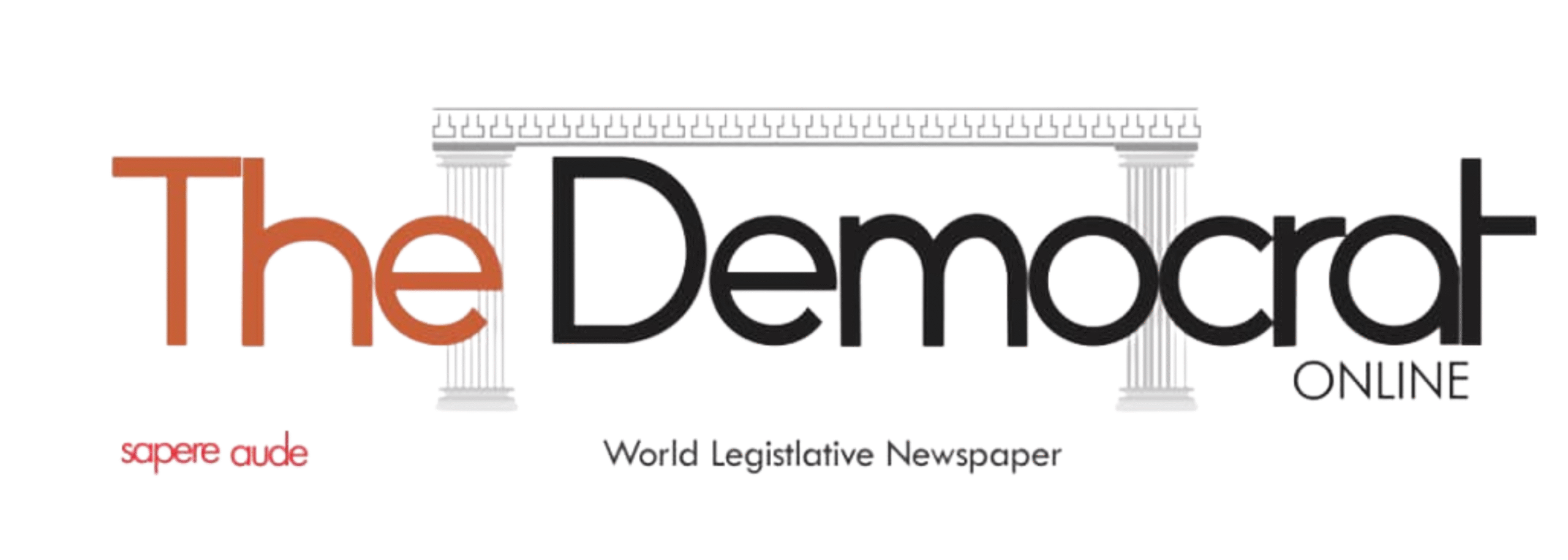
Nigeria’s oil-dependent economy faces pressure as over half of its April and May 2025 crude exports, including major grades like Bonny Light and Forcados, remain unsold—totaling over 80 million barrels. This surplus threatens revenue projections and deepens energy sector challenges.
Meanwhile, Indonesia plans to secure $10 billion in U.S. crude and LPG imports.Indonesia aims to boost trade with the U.S. by purchasing around $19 billion in American goods, including $10 billion in crude and LPG, to avoid a 32% export duty.
This strategy may reduce imports from key suppliers like Nigeria and Angola. In 2023, Nigeria exported over $3.8 billion in crude and gas to Indonesia, making it one of the country’s top oil suppliers.
The shift could impact Nigeria’s vital oil revenues.Oil prices have risen for two consecutive sessions, driven by hopes of easing Sino-American trade tensions, but are still expected to decline by the end of the week due to concerns over oversupply. Brent crude is up 43 cents to $67 per barrel, but will likely drop 1.4% by week’s end, while U.S. West Texas Intermediate rose to $63.21 per barrel but is expected to fall 2.3%.
Ongoing concerns about weak demand, geopolitical tensions, and a strengthening U.S. dollar are pressuring prices, despite some positive signals from U.S.-China trade talks.China is considering exempting some U.S. imports from its 125% tariffs, reflecting concerns over the economic impact of the trade war.
Oil prices dropped earlier due to fears about global demand after the tariff hike. Tensions over excess supply are rising, with OPEC+ members pushing for increased output.
The U.S. and Russia are moving toward ending the Ukraine war, which could lead to more Russian oil returning to global markets if sanctions are lifted.Russia, a key OPEC+ member, is among the world’s top oil producers. Iranian Foreign Minister Abbas Araqchi is also ready for talks on Tehran’s nuclear program in Europe.




